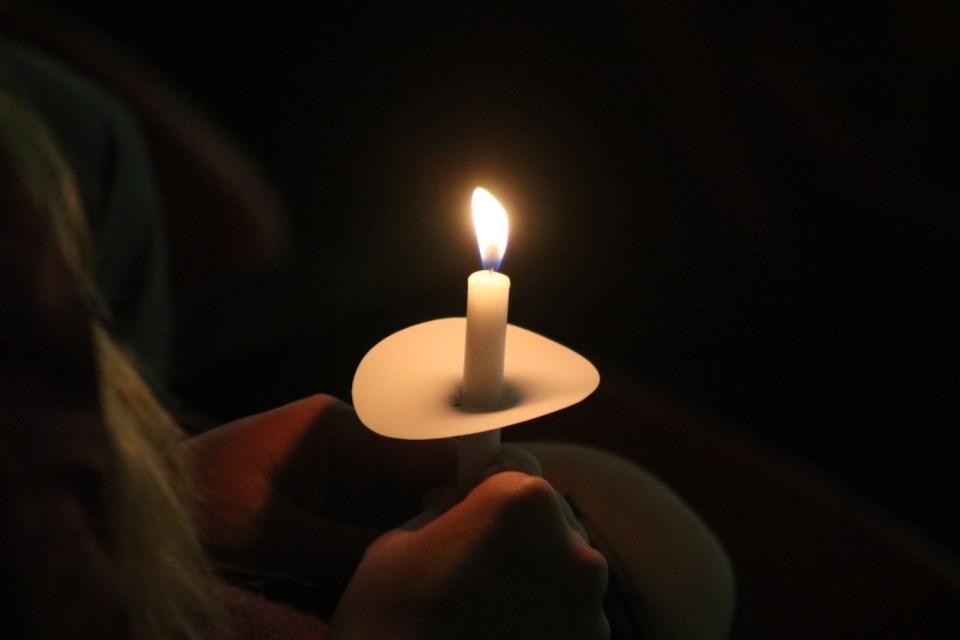In the face of tragedy, words can feel cheap.
Like everyone in Canada, I was stunned by the Humboldt Broncos bus crash last Friday. It felt surreal, like something out of a bad melodrama. But as the reports filtered in, it became all too real.
You can’t turn on the TV, flick to a radio station, or flip through a newspaper without seeing or hearing about Humboldt. Our social media feeds are flooded with stories of grief and loss. The sadness over this tragedy has spread across our country like coffee poured over a map.
Everyone from Don Cherry to Premier Scott Moe have expressed their sympathy for the families and communities impacted by the crash. Hockey players paid tribute to the Broncos. The Niagra Falls were lit up with the Broncos’ colours. Canadians have shown their support for Humboldt in moving ways.
I have to be upfront with you: I don’t know what to add to the conversation. I approached this column with trepidation. I considered writing about a mundane topic to lighten the mood, but that would have felt dishonest. We can’t retreat behind humour; we have to address tragedy head-on.
Words fail me. Writing is my career, but such a tragedy renders all my flowery language moot. All I can offer are my deepest condolences for the affected families. I wish I could be poetic, but this kind of sadness needs directness, not rhetoric.
Writers and speakers with more eloquence than me have expressed the pure agony of the last week. They’ve cut through the noise and clutter to deliver something human.
But maybe the best way to express our grief doesn’t require words at all.
On Sunday, I attended the vigil at the Farrell Agencies Arena. People filled the fundraiser jar for Humboldt, picked up their candles, and took their seats. The site of hundreds of hockey games, many involving the Broncos, was eerily quiet.
After the national anthem, people lit their candles, filling the darkened arena with orange orbs. Speaker after speaker stood at the podium and discussed the accident. They talked about faith, community, and the deep sadness felt across the country.
One by one, they all fell silent. A puck was ceremoniously dropped on the ice. No one spoke.
Through the speakers, a familiar song began. It was “Wheat Kings” by the Tragically Hip. That song, written decades ago about the David Milgaard case, captured the mood of the last week better than any words could. It’s a deeply melancholic song about loss and the possibility of going forward. It’s about finding strength to keep going. It’s all we can do.
As people filed out of the arena, we all waited to see what tomorrow would bring.




